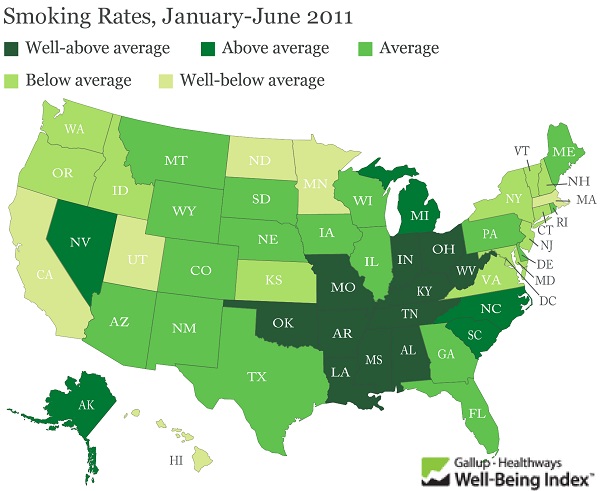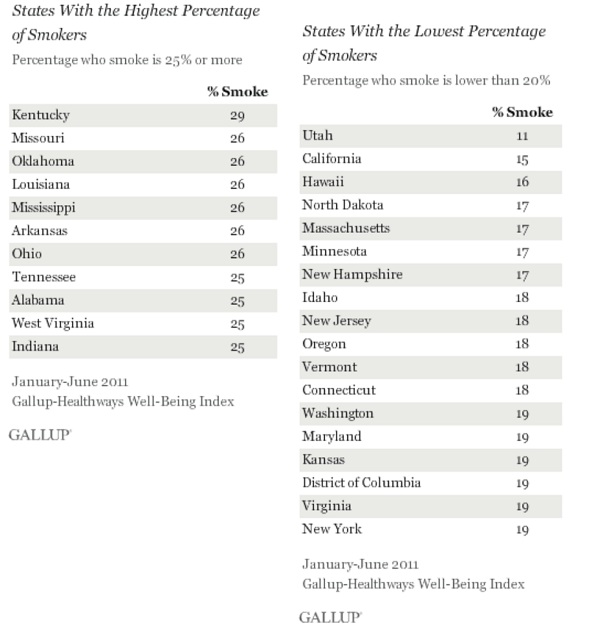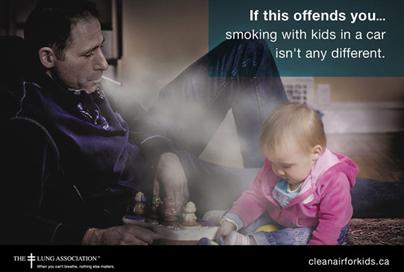Is There Quality of Life After Cigarettes?
Posted on
Life without cigarettes is not all doom and gloom. In fact, successful quitters are more satisfied with their lives and feel healthier, both one year and three years afterwards, than those who continue to smoke. That’s according to new research by Dr. Megan Piper, from the University of Wisconsin School of Medicine and Public Health in the US, and her team. Their work, which looks at whether quitting smoking can improve psychological well-being, is published online in Springer’s journal Annals of Behavioral Medicine.
It may be tough to quit, but it certainly pays health dividends.
The authors conclude: “This research provides substantial evidence that quitting smoking benefits well-being compared to continuing smoking. Smokers might believe that quitting will decrease life satisfaction or quality of life — because they believe it disrupts routines, interferes with relationships, leads to a loss of smoking-related pleasure, or because cessation deprives them of a coping strategy. Our findings suggest that, over the long-term, individuals will be happier and more satisfied with their lives if they stop smoking than if they do not.”
So, go ahead and quit. Improve your health, the health of others around you and your quality of life.






